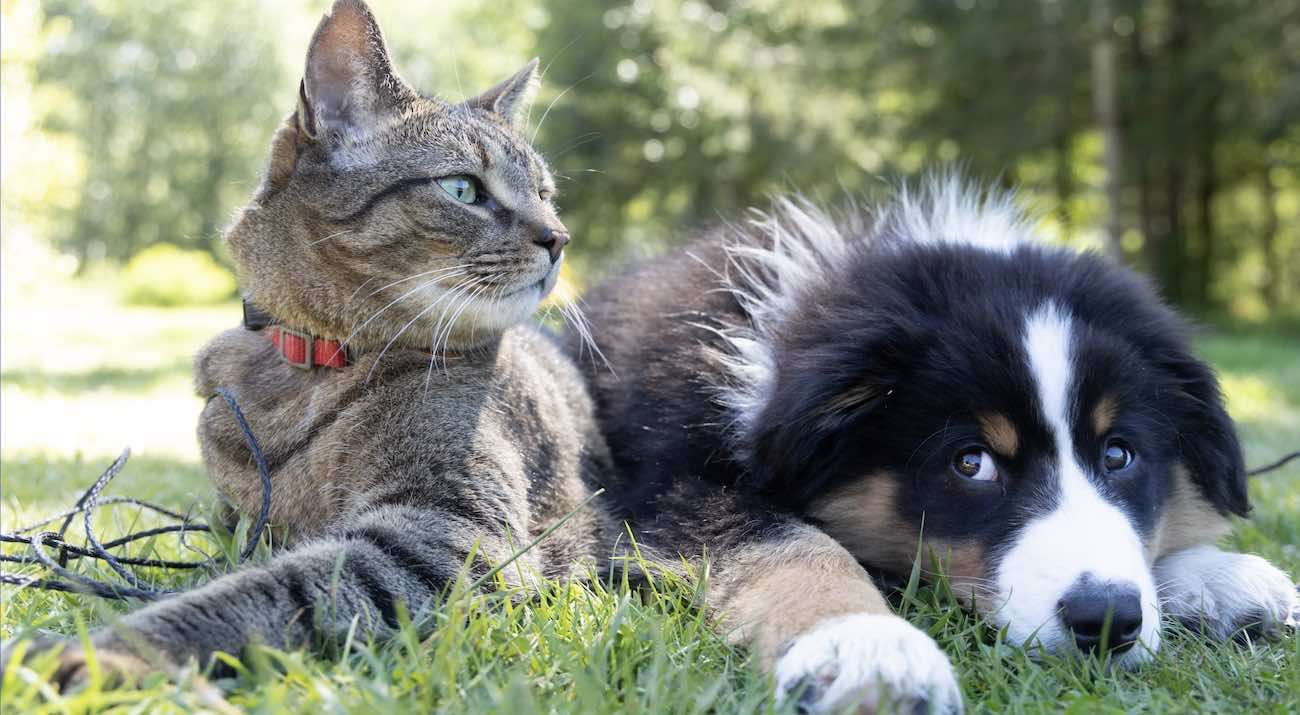Woman Turns Her Apartment Into Hummingbird Hospital for Dozens of Battered Beauties-LOOK
In the last decade since recovering from colon cancer, an elderly woman in Mexico City has opened her doors to sick, injured, or orphaned hummingbirds.

A new survey of pet parents looked into some of the most popular myths about pet care-and some may surprise you.
A whopping 92 percent of respondents still believe myths about their furry friends, according to the poll of 2,000 dog and cat owners.
Contrary to popular belief, 68% of dog parents didn't know that a wagging tail doesn't always signal happiness. Wags can also signify interest or alertness.
Another 38% falsely believe that a cold, wet nose means a dog is healthy. In reality, a wet nose can simply be a result of a dog licking it, which can improve their sense of smell.
Similarly, 42% of cat parents incorrectly believe that their feline friends can see in complete darkness. While cats can see in very low light, they cannot see in total darkness.
Another common myth is that cats always land on their feet, which 41% believe to be true-but a cat's ability to land on four paws can depend on its overall health and wellness.
Commissioned by Stella & Chewy's, the random double-opt-in survey conducted by OnePoll found that pet owners still follow certain guidelines they believe about their pet's diet.
One common myth is that all human food is bad for pets, which is false. Seven in 10 pet parents admit to feeding their pet human food sometimes-with dog parents being most likely to do so (77% vs. 54% of cat owners).
Many cat parents were under the impression that cats shouldn't eat any human food (30%). However, there are some human foods that cats can safely eat, like tuna, salmon, lean meat, cheese, spinach, bananas, berries, carrots, melon, scrambled eggs, and rice.
Everyone has heard the popular belief that cats enjoy milk, but people should also be aware that some cats are actually lactose intolerant.
"Half of pet parents admitted that they don't know much about raw diets," said Nelson. "Frozen raw and freeze-dried raw pet food are two great alternative diet options for pets, and have a wide array of benefits including increased energy and strong joint health," said Rob Nelson, Vice President at Stella & Chewy's. "A raw diet is also the closest thing to a pet's ancestral diet and is easy to serve."
Be the first to comment